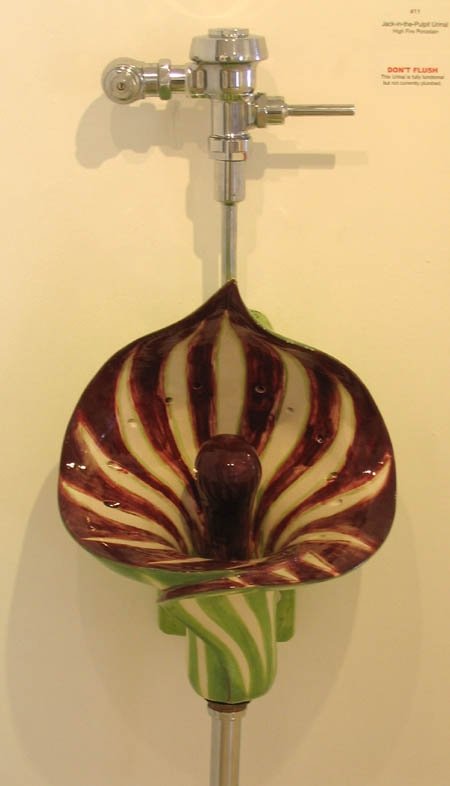|
|
Public Toilets In Different Countries
|
- That the word comes from nautical terminology, loo being an old-fashioned word for lee. The standard nautical pronunciation (in British English) of leeward is looward. Early ships were not fitted with toilets but the crew would urinate over the side of the vessel. However it was important to use the leeward side. Using the windward side would result in the urine blown back on board: hence the phrases 'pissing into the wind' and 'spitting into the wind'. Even now most yachtsmen refer to the loo rather than the heads.
- That the word derives from the 17th century preacher Louis Bourdaloue. Bourdaloue's sermons at the Saint Paul-Saint Louis Church in Paris lasted at least three hours and myth has it that wealthier ladies took along "travelling" chamber pots that could be hidden under their dresses whenever the need arose to avoid the need to leave. Due to the popularity of the myth the bowls became known as Bourdaloues after the preacher and the name became corrupted to portaloos and sometimes just plain loos due to the habit of shortening words in slang.
• WC
The WC refers to the initial letters of Water Closet, which, despite being an English language abbreviation, is not in common use in English-speaking countries - but is widely used internationally.
|
|









